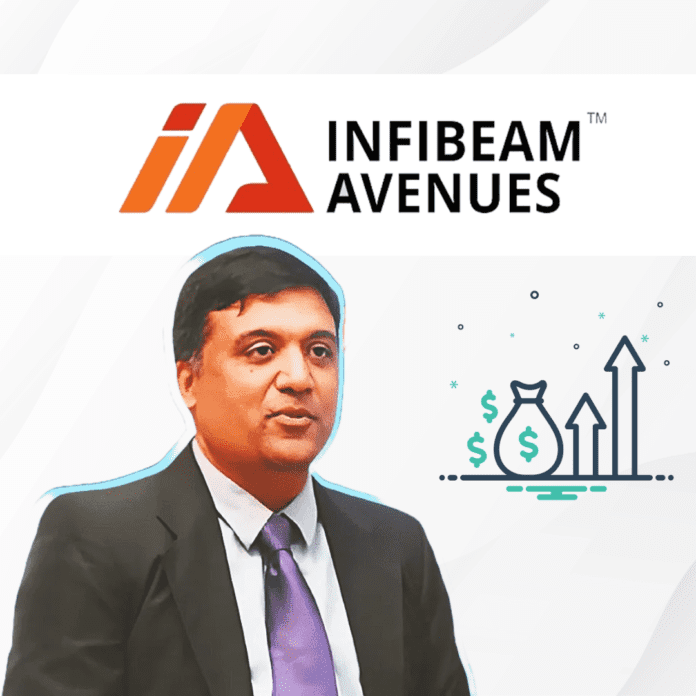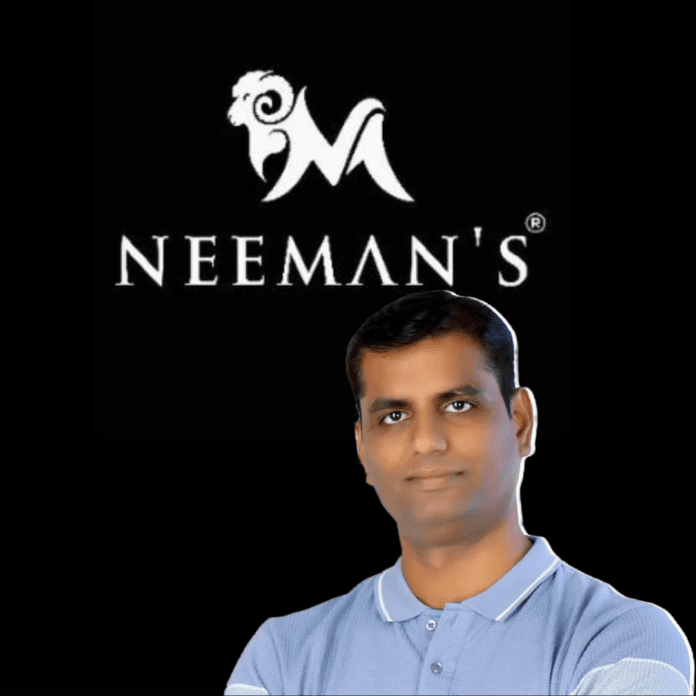Razorpay, a leading payments and business banking platform, has introduced the Razorpay Venture Investment Program, designed to nurture the next generation of B2B innovators.In partnership with Peak XV Partners and Lightspeed, the program is set to identify and invest in over 50 visionary early-stage founders. Razorpay will provide funding, technological assistance, and leadership support, offering up to $1 million per startup to foster growth and innovation across various development stages.
The initiative focuses on startups in the pre-seed to Series A stages, spanning sectors such as fintech, e-commerce, healthcare, education, travel, retail, logistics, mobility, hospitality, and export. Aspiring entrepreneurs can apply directly through Razorpay’s official website.
Helming the program is Vishnu Acharya, Razorpay’s Head of Strategy and Corporate Development. With extensive experience collaborating with founders, Acharya aims to significantly impact India’s B2B landscape through this initiative.
Razorpay’s financial milestones include raising over $800 million across multiple funding rounds and achieving a valuation of approximately $7 billion. The company recorded a 24% year-on-year revenue growth in its Payment Gateway business, reaching Rs 2,068 crore, alongside a nearly fivefold increase in profit after tax during the same fiscal period.
This program underscores Razorpay’s commitment to driving innovation and supporting the B2B startup ecosystem in India.
4o










